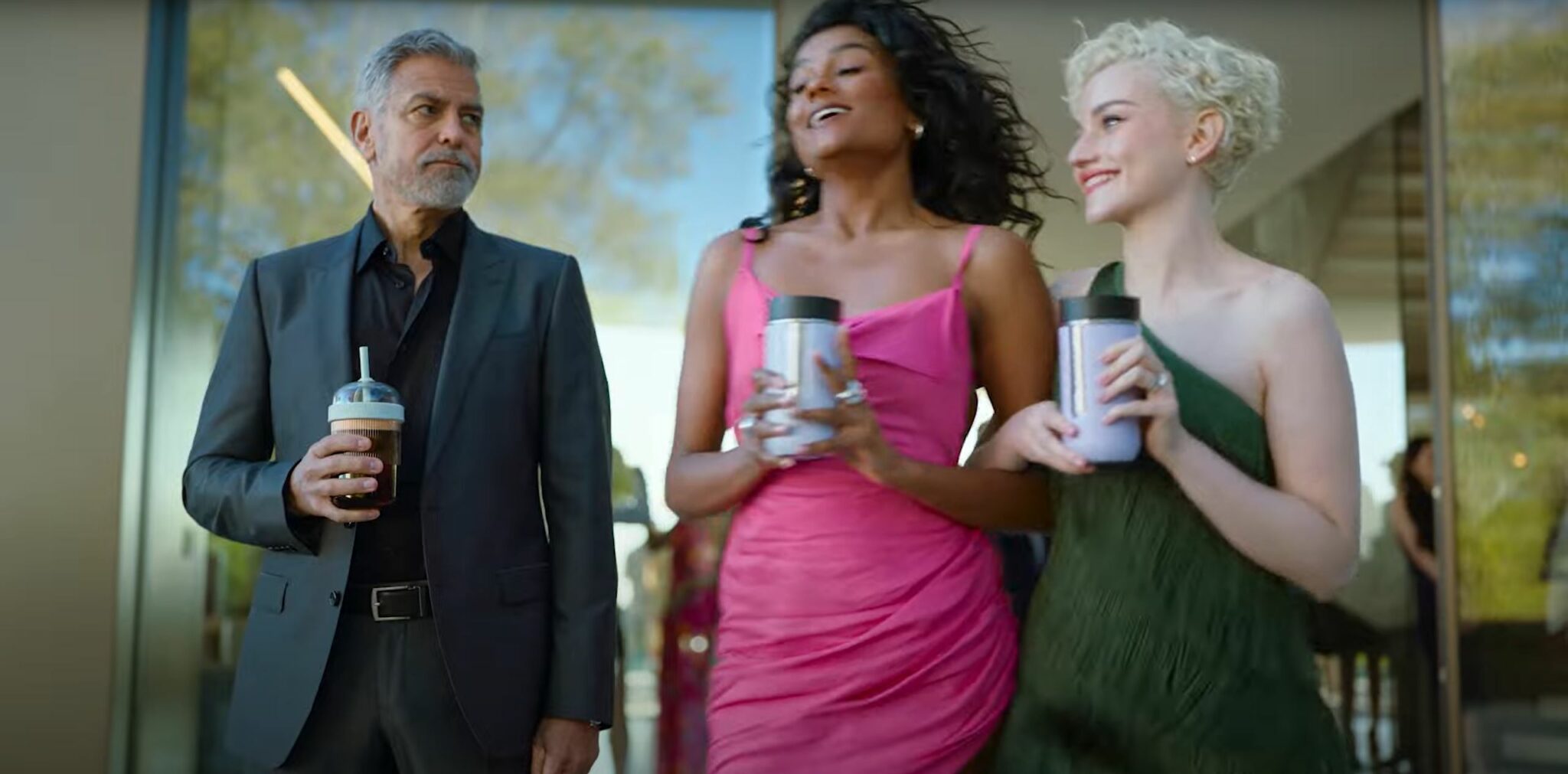TV Commercial Review
Memorable
Effective
Style
Heart or Humor
Execution
Controversial
Controversial
Maybelline and EOS have become the latest brands to face public backlash and potential boycott threats after sponsoring transgender social media influencer Dylan Mulvaney. This controversy follows the recent uproar caused by Bud Light‘s decision to feature Mulvaney on their beer cans and Nike’s choice to have her as the face of their women’s sports bra line.
Dylan Mulvaney, a 26-year-old trans influencer, recently announced her partnerships with Maybelline and EOS in two new advertisements on her social media platforms. The ads showcase Mulvaney using the companies’ beauty products, sparking a heated debate about inclusivity and representation in the beauty industry.
Critics argue that by choosing Mulvaney, a transgender woman, as a brand ambassador, Maybelline and EOS are undermining the experiences and struggles of cisgender women. They claim that the companies should focus on representing “real women” and that the choice to feature a transgender woman is a publicity stunt to appear progressive and inclusive.
However, supporters of Mulvaney and her partnerships with these brands argue that the inclusion of a transgender woman in mainstream advertisements promotes diversity and acceptance, reflecting the modern understanding of gender identity. They believe that this representation is crucial in breaking down barriers and fostering a more inclusive society.
The recent Bud Light scandal, in which Mulvaney’s face appeared on their beer cans, sparked widespread controversy and even led some customers to boycott the brand. Critics argued that Bud Light’s core audience, primarily conservative, middle-aged men, would not relate to the campaign featuring a transgender woman. This backlash further demonstrates the ongoing debate about the role of transgender individuals in advertising and popular culture.
As the debate around Dylan Mulvaney’s partnerships with Maybelline, EOS, Bud Light, and Nike continues, it highlights the growing tensions and divides within society regarding transgender representation in mainstream media. Companies choosing to work with transgender influencers must weigh the potential benefits of promoting inclusivity against the possible backlash from their target audiences. The outcome of these controversies remains to be seen, but one thing is certain: the conversation surrounding transgender representation in advertising and popular culture will continue to evolve.















